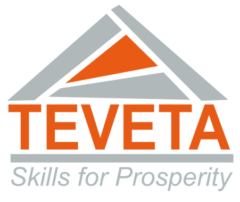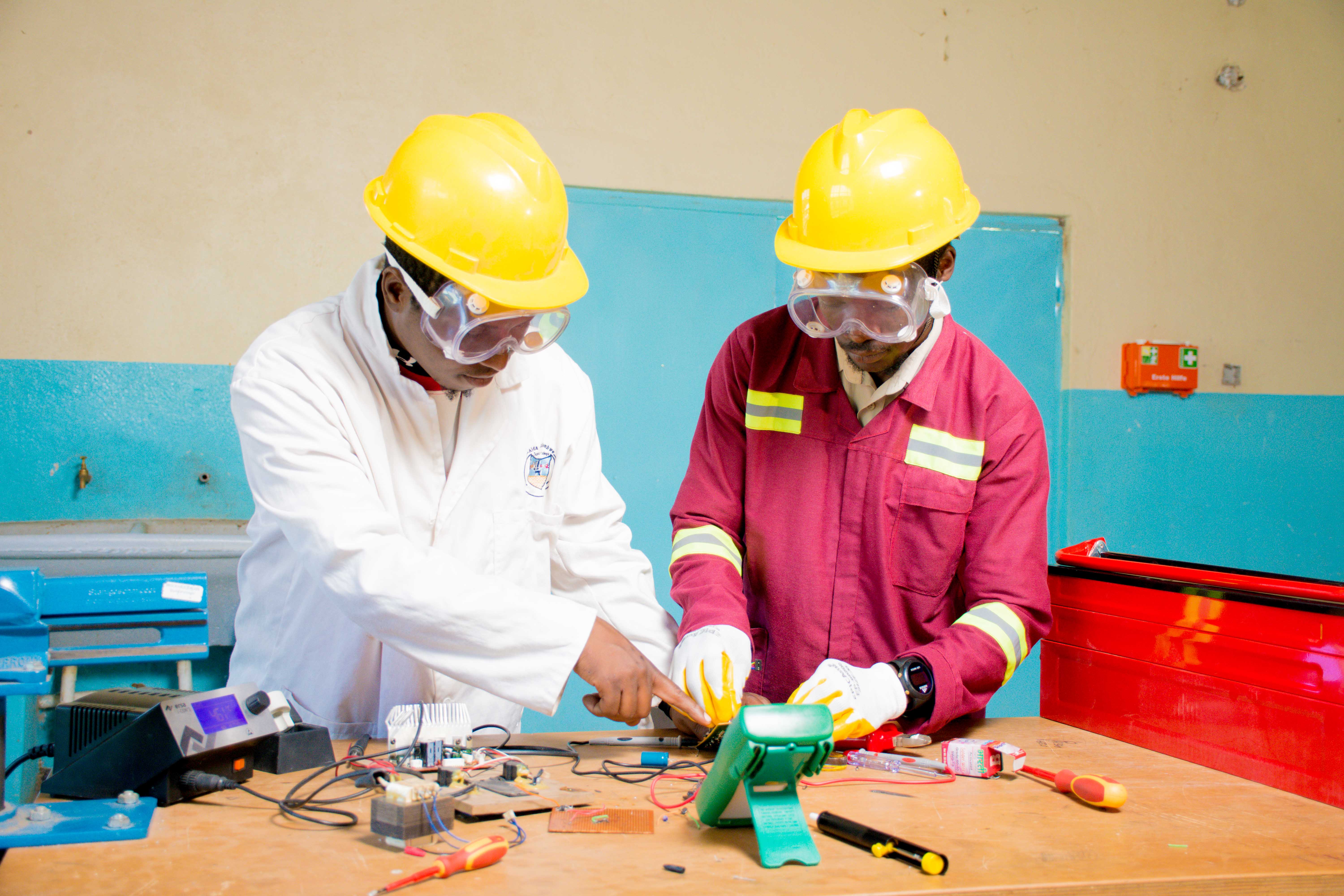The Technical, Entrepreneurial and Vocational Education and Training (TEVET) Authority is a regulatory body that was established in 1999 by an Act of Parliament with the mandate to regulate, promote and facilitate sustainable provision of quality technical, entrepreneurial and vocational education and training in Malawi.
One of the programmes regulated and facilitated by the TEVET Authority is Formal Apprenticeship. The Formal Apprenticeship Programme is a modular competence based training delivered through registered TEVET Provider Institutions and industrial attachment. The training programme certification is done at levels One to Four of achievements, where trainees acquire practical and theoretical knowledge in the occupation of their choice. Trainees under this programme are called apprentices.
Purpose
The purpose of the Formal Apprenticeship Programme is to generate qualified and competent artisans and technicians for existing and prospective industry, thereby creating both wage and self-employment.
Apprentice
An apprentice is a person who is learning an occupation by practical experience under a skilled worker.
Fees and Training costs
The Apprenticeship Training Programme operates on a cost sharing basis. The apprentices pay prescribed tuition and examination fees directly to the training provider institutions, while the TEVET Authority pays a subsidy for the cost of training at the TEVET provider institutions.
Benefits of Formal Apprenticeship
Acquisition of knowledge, attitudes and skills for wage or self-employment
- Training under the supervision of well qualified trainers and experienced supervisors.
- Exposure to industry experience, and ethics of the workplace.
- Acquisition of a competitive and recognised Malawi TEVET qualification upon successful completion of institutional and industrial modules.
- Generation of skilled manpower.


